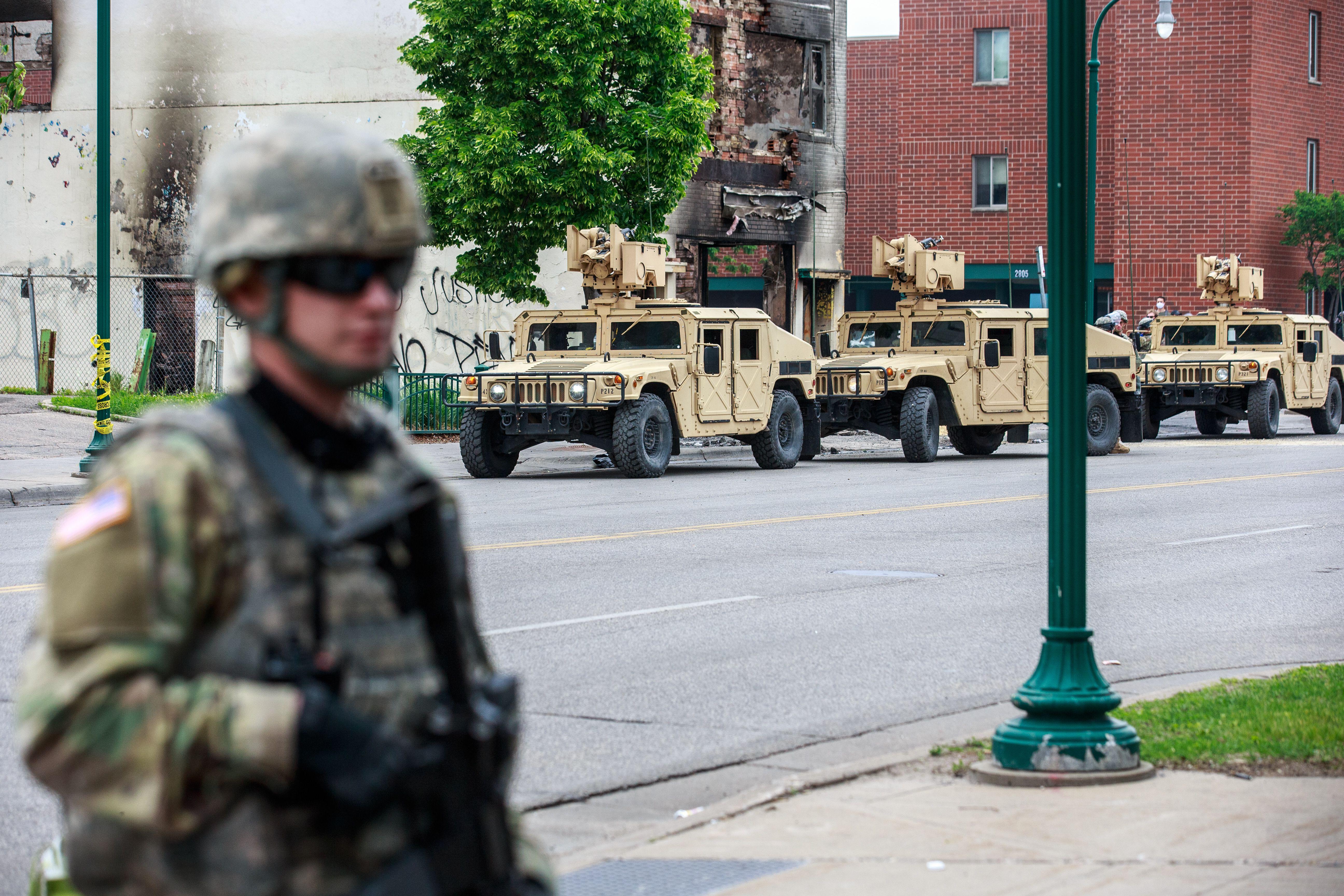The U.S. often chides other nations for human rights abuses. Those countries, in turn, are typically quick to pounce on examples of American hypocrisy. That’s certainly been the case with the police killing of George Floyd and subsequent protests and unrest in Minneapolis.
Russia’s Foreign Ministry put out a statement that noted, “This incident is far from the first in a series of manifestations of lawlessness and unjustified violence by the ‘law enforcement officers’ in the United States.” It went on to state that “systemic problems in the human rights sphere have clearly accumulated. Among them: discrimination on racial, ethnic, and religious grounds; police arbitrariness; bias of justice; overcrowding in prisons; uncontrolled use of firearms and ‘means of self-defense’ by private individuals and many others.” It ends by noting the recent U.S. withdrawal from the U.N. Human Rights Council and urging Washington to return to compliance with global human rights norms.
Hesameddin Ashena, a top adviser to Iranian President Hassan Rouhani, tweeted about the situation in Minneapolis, tagging Secretary of State Mike Pompeo:
Given the outraged U.S. response to recent events in Hong Kong, it’s not surprising people are drawing parallels. Journalist Wilfred Chen pointed out that a South Asian man was recently killed by Hong Kong police using a similar tactic—kneeling on his neck until he lost consciousness—to the one that killed Floyd. Some Hong Kong activists have expressed solidarity with those protesting in Minneapolis. Others are using the situation a bit more cynically. The Global Times, China’s state-owned English-language tabloid, editorialized:
After only three days of chaos in Minnesota, Trump threatened to shoot and use the military as a bargaining chip. He publicly suggested violent repression. This is probably the most brutal attitude toward riots in the world today. No wonder Twitter flagged Trump’s tweet and said it violated the rules on “glorifying violence.” …
The US has the highest COVID-19 death toll, and the police always abuse violence and mass shootings happen every year. But US political elites still believe such a country has the best human rights record worldwide. Now, the US human rights record is widely criticized, but the US is most interested in the national security law for Hong Kong which they believe may sabotage Hong Kong’s human rights.
“Whataboutism” is a time-honored political tactic used by authoritarian regimes. Most famously, during the Cold War, Soviet Union officials would point to racism and lynching in the United States to brush away criticism of their own human rights abuses. Police violence and racism in the U.S. in no way minimizes the abuses of governments that don’t allow their citizens to voice the kind of criticism that local and federal authorities in this country are now facing. (Though given yesterday’s arrest of a CNN crew, and Donald Trump’s recent threats against social media platforms, even that distinction is getting harder to draw.)
While no one should be taking lessons in human rights from the Global Times, it’s fair to say that a good portion of the American political elite will stand up for the rights of people in other countries to protest injustice, even when protests turn violent, but don’t feel the same way about their fellow citizens. Never was this more evident than on Friday when Trump and his senior advisers announced new measures punishing China for its treatment of Hong Kong at a White House press conference, hours after Trump threatened to send the military to shoot protesters in Minneapolis.
The U.S. could promote democracy a lot more effectively abroad if it was promoting it at home.
